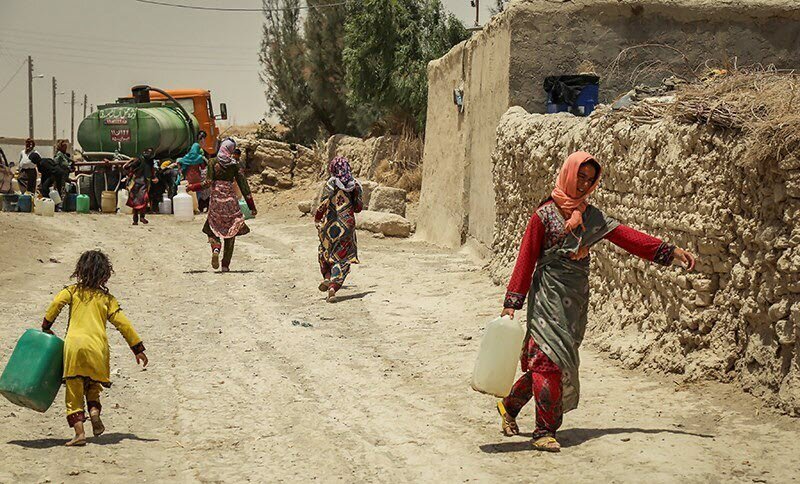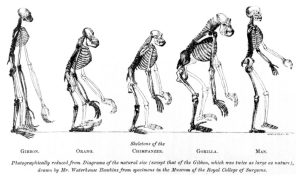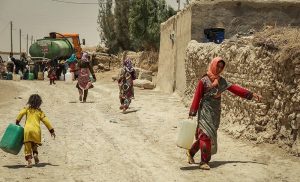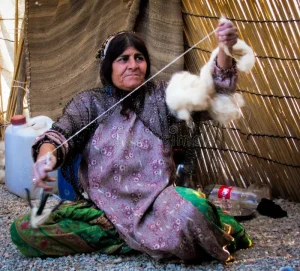Rural sociology
Rural sociology is a branch of sociology that studies the social, cultural, political, and economic aspects of rural life and communities. It examines how people in rural areas interact, organize themselves, and experience the world, with a focus on issues relevant to agricultural communities and non-metropolitan areas.
Here’s a more detailed look:
Key Aspects of Rural Sociology:
- Focus on Rural Communities: Rural sociology explores the unique characteristics of rural societies, including their social structures, institutions, and cultural practices.
Interdisciplinary Approach:
It draws on various sociological perspectives and methodologies to understand the complexities of rural life, often engaging with other disciplines like geography, anthropology, and economics.
Historical Context:
Rural sociology emerged in the early 20th century, particularly in the United States, with ties to land-grant universities and agricultural departments.
Contemporary Relevance:
It remains a vibrant field, addressing issues like rural development, environmental concerns, agricultural practices, social inequality, and the impact of globalization on rural communities.
Key Research Areas:
Rural sociologists study topics such as:
- Agricultural communities and systems: Examining farming practices, food systems, and the role of agriculture in rural economies.
Rural-urban dynamics: Analyzing the relationships and interactions between rural and urban areas, including migration patterns and the flow of resources. Social inequality and poverty: Investigating the causes and consequences of poverty in rural settings and exploring potential solutions. Community development and revitalization: Studying efforts to strengthen rural communities and improve their social and economic well-being. Environmental issues: Examining the impact of human activity on the rural environment and exploring sustainable practices. Social change and transformation: Analyzing the social, economic, and cultural changes that are reshaping rural areas.
Practical Applications:
Rural sociology findings are used to inform public policy, community development initiatives, and programs aimed at improving the lives of rural populations.
In essence, rural sociology provides a framework for understanding the diverse and dynamic nature of rural life, offering valuable insights into the social, economic, and environmental challenges and opportunities facing rural communities today































Post Comment